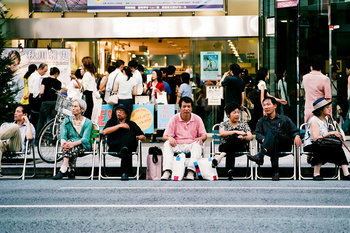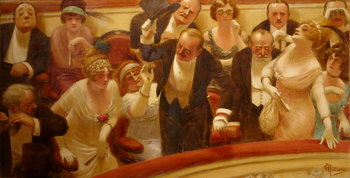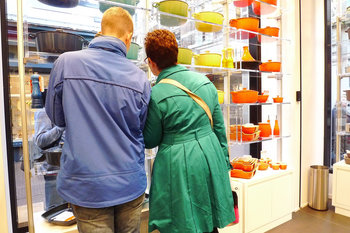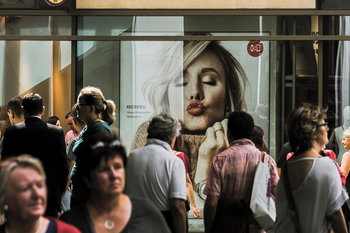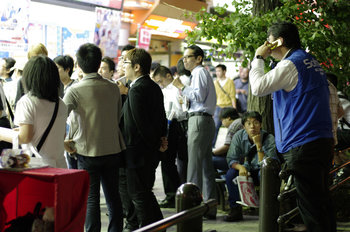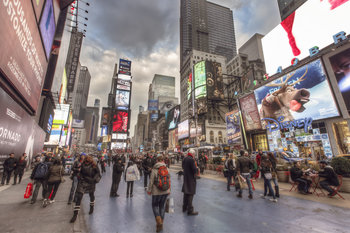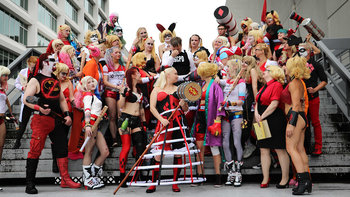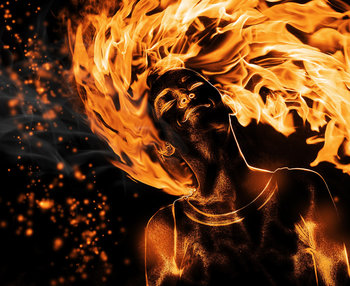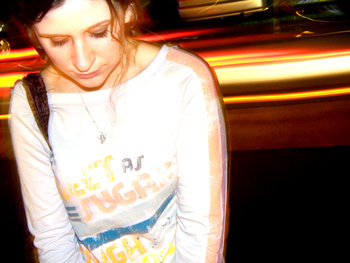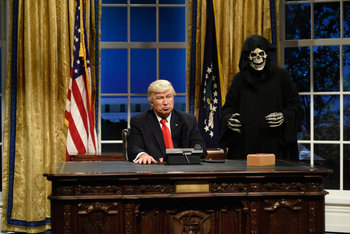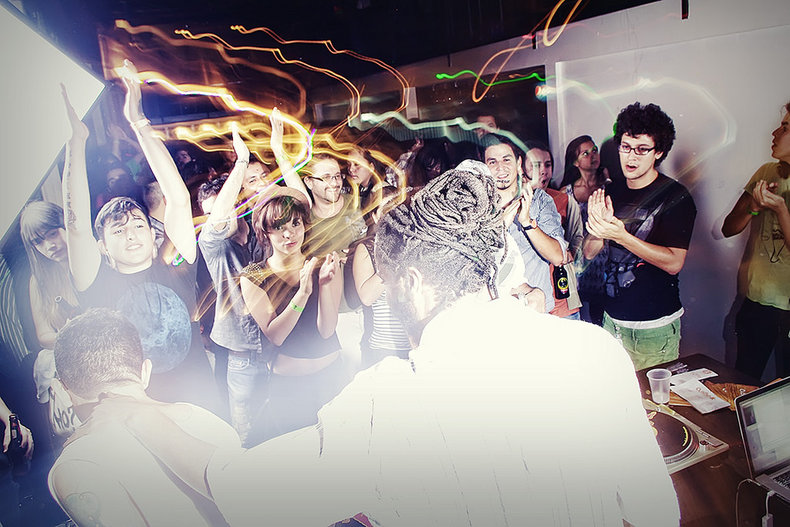
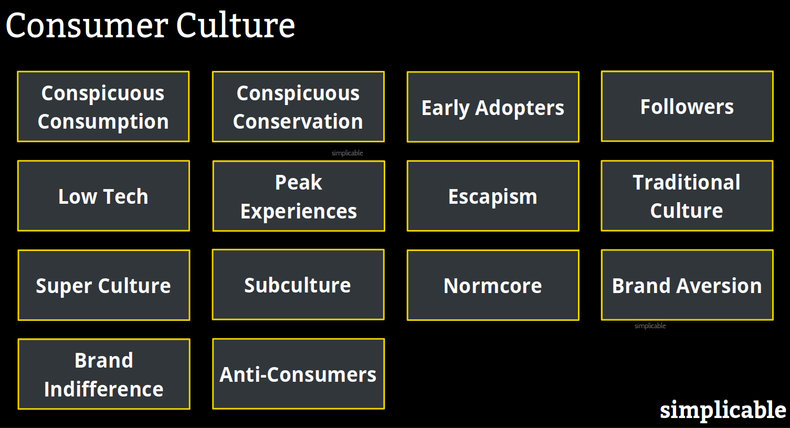
Conspicuous Consumption
Consumption motivated by a desire to signal social status such as wealth or fashionableness.Conspicuous Conservation
Consumption motivated by a desire to signal that you are a good person who is concerned with the environment and/or social issues.Early Adopters
Consumers who pride themselves as being at the forefront of product trends. For example, a consumer who is first to own a new technology or fashion brand. Early adopters may publicize their purchases and view themselves as leaders. Alternatively, early adopters can be enthusiasts who don't view purchases in terms of social status.Followers
Consumers who worry about missing out on new trendy products and brands. Such consumers may keep a close eye on early adopters and mimic their consumer behavior.Low Tech
Enthusiasts of old technology who pride themselves on being immune to trends.Peak Experiences
Consumers who seek meaning and experience through consumption. For example, a consumer who views travel as a personal accomplishment that adds to their life story.Escapism
Consumers who enjoy fictional realities as a means of escape from the harshness of day-to-day life. For example, fans of popular culture who completely immerse themselves in experiences such as theme parks, events, games, entertainment and reading.Traditional Culture
Products, services and brands that are viewed as part of a traditional culture such as the culture of a nation, people or city. For example, an old pizzeria that becomes a symbol of a city.Super Culture
A large culture that exists on a global basis such as sport, video gamers or street fashion enthusiasts. It is common for a super culture to embrace a brand and attach meaning and storytelling to it. Wearing a particular brand can signal membership in a super culture such as an athletic brand that signals that you are a runner.Subculture
A subculture is a relatively small culture that surrounds a social group, profession or pursuit. Subcultures may adopt obscure brands and products to signal membership. For example, a brand of turntable that only a true turntablist would buy.Normcore
Normcore is a subculture of people who just want to be normal such that they avoid purchases that send a strong social signal.Brand Aversion
Individuals who view branding negatively and avoid popular brands where practical. For example, a consumer who never buys clothing that has a visible brand logo.Brand Indifference
Consumers who view brands with complete indifference and buy based on practical considerations of need and price. Such consumers may spread good prices by word of mouth as opposed to talking about brands, styles or technology. For example, neighbors who spread word of a good restaurant with cheap prices.Anti-Consumers
Consumers who believe people should minimize purchases or be completely self-reliant. View consumption as greed and branding as propaganda. May purchase extremely practical items such as bulk raw materials and unprocessed foods.| Overview: Consumer Culture | ||
Type | ||
Definition | The shared experiences, symbols and norms that evolve in markets for consumer products. | |
Related Concepts | ||





